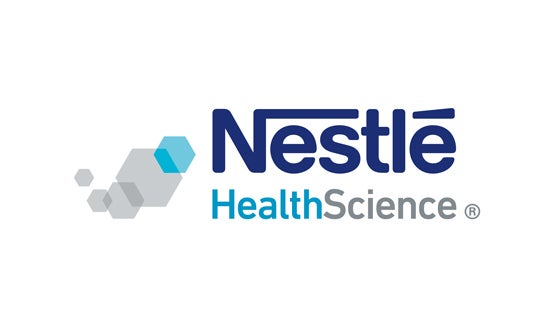
Medical Nutrition: a Cost-Effective Pillar in Therapeutic Interventions
Healthcare costs are rising worldwide. There are many reasons for this, including:
- A demographic shift towards a more ageing population, which brings with it a greater prevalence of chronic diseases.
- Advances in medicine and new technologies, which are state-of-the-art but also expensive.
HTA is not new. It has been used since the 1970s to guide decisions.2 Typically these decisions are about the use of pharmaceuticals, medical devices, or surgical procedures in relation to factors such as safety, efficacy, and cost, while also taking account of social, legal and ethical considerations.
HTA has not previously been used to guide decisions about the use of medical nutrition. However, the right medical nutrition can have a positive impact on patients’ health and it can reduce healthcare costs.
In June 2012 Nestlé Health Science organised a Satellite Symposium at the annual meeting of Health Technology Assessment International (HTAi) to show that there are good reasons for medical nutrition to be considered in HTAs.3
The symposium was successful in raising awareness about the effectiveness of medical nutrition, and it showed that medical nutrition offers value-for-money in a healthcare environment. Please click on this link to read the News release.

Fltr: Mrs. Hélène Chevrou Séverac (Nestlé Health Science, Head of Health Economics, Switzerland); Prof. Jean-Blaise Wasserfallen (MD of the University Hospital of Lausanne (CHUV) and Head of the Health Technology Assessment Unit, Switzerland); Prof. Mark Nuijten (MD, CEO of Ars Accessus Medica and Founder of the Minerva International Health Economic Network); Prof Mercè Planas Vila (MD, Intensivist and Nutritionist from the University of Vic, Barcelona, Spain); Mr Patric Coppens (Director International Food and Health Law and Scientific Affairs, EAS and President of the Belgian National Food and Health Plan Task Force on Undernutrition).
